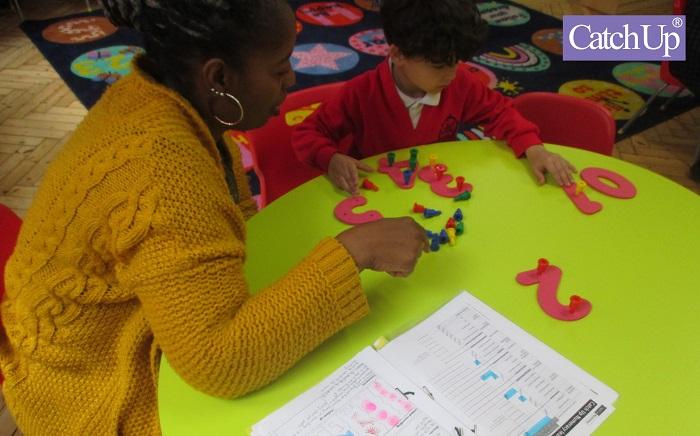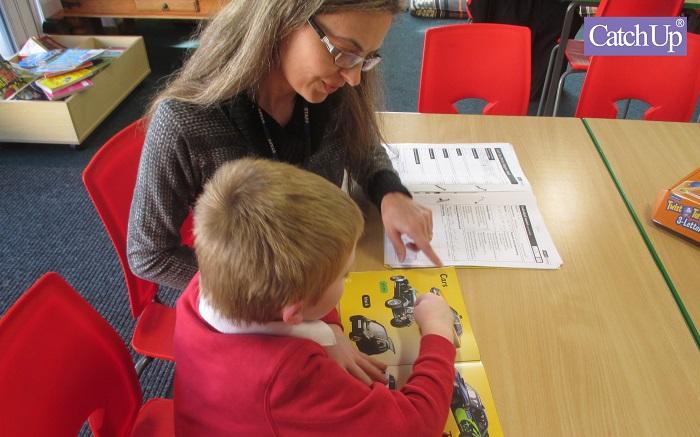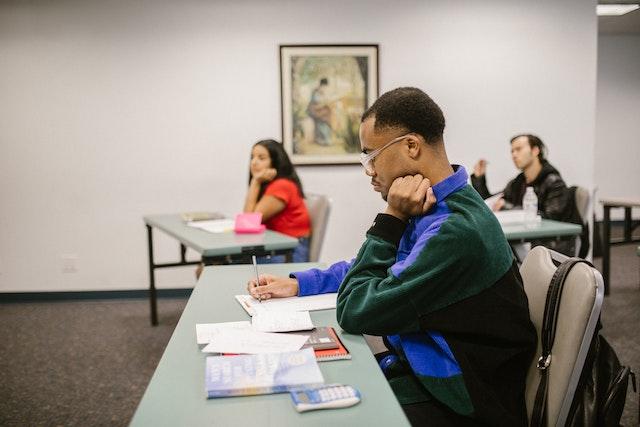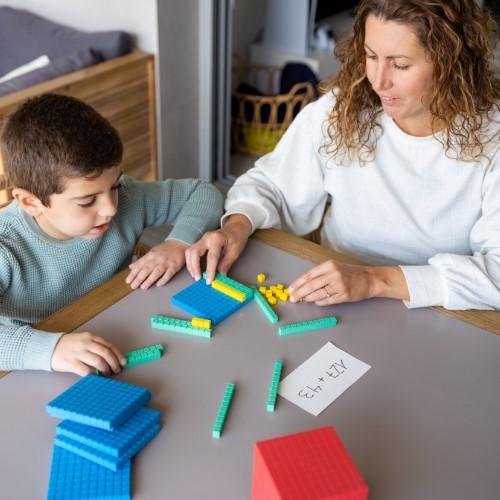Looking to inject some excitement and hands-on learning into your lessons?
There are lots of tricks you can use. From hands-on learning to humour and bringing in a science incursion, we’ll explore how you can use fun elements to captivate your students.
Whether you teach STEM subjects such as physics, chemistry, biology, or any other subject, incorporating well-designed experiments into your curriculum can transform mundane concepts into captivating experiences.
1. Identify the Topics and/or Skills You Want to Illustrate
All good classroom experiments begin with a goal. In most cases that goal is to teach students a specific science skill. The Australian Curriculum defines several science inquiry skills. Your experiment should encourage students to build one or more of the following:
- Questioning and predicting
- Planning and conducting
- Modelling and analysing
- Evaluating results
- Communicating findings
You don’t need to limit yourself to a single science inquiry skill. The best experiments combine several skills and challenge students along multiple dimensions.

2. Guide Students to Develop a Hypothesis
Developing and testing a hypothesis is one of the most important parts of any experiment. While you might be designing a controlled experiment that only has a few outcomes, creating a hypothesis encourages students to engage their logic and critical thinking skills.
This is especially true for younger students. Those who are less familiar with scientific principles are more likely to find value in attempting to predict the outcome of an experiment. If you’re dealing with young students, then you may need to lead the way. You can help them develop their hypothesis using questions like “What if…” and guiding your students to make predictions.
3. Ask Students to Identify and Control Variables
This part of the process needs to be tailored to the skill level of your students. Consider where your students are at in their science education, and design experiments with an appropriate number of variables.
For example, high school students could handle an advanced experiment testing the growth of plants under different lighting, soil, and watering conditions. However, younger students would be better off conducting an experiment that tests the growth of plants with a single variable, like light.

4. Make it Engaging with Hands-On Elements
Research suggests that hands-on learning is far more effective than simple classroom lectures. This is because hands-on learning activates more parts of their brain. In addition, conducting experiments causes students to use other senses, such as touch, taste, and smell. Engaging additional senses causes the brain to form stronger neural pathways, making it more likely that the lesson will be retained.
This is especially effective for younger students. While young kids can’t conduct complex experiments without guidance, it’s possible to get them involved with simple things like making slime or bottle rockets that are safe, fun, and hands-on.
5. Have Students Communicate Their Findings
Asking students to communicate their findings is one of the best ways to encourage critical thinking skills. Writing a report, creating a presentation, or discussing findings with their classmates causes students to really think about the experiment, their hypothesis, and the outcome.
6. Tie the Experiment in with Real-World Events
Some of the concepts taught in science classrooms are incredibly abstract. While they might be important to everyday life, it can be a challenge to communicate that importance with students – especially younger students.
You can navigate around this issue by tying your experiments to real-world events that are relevant to your students. For this technique to be effective, it’s important to pay attention to your students’ interests and current events.
Ask yourself:
- Is there a current event or topic that interests my students which could act as an entry point for our next experiment?
- Is there a connection between the topic and the learning goals?
- Does the topic involve a problem that students could attempt to replicate or solve through an experiment?
This can be a little bit tricky, but it’s a great way to engage students and help strengthen their understanding of complex concepts.

7. Engage Outside Help in Designing Your Experiment
Finally, there’s nothing wrong with looking beyond the classroom for inspiration! There are hundreds of thousands of great classroom experiments published online. They include step by step instructions, variables, assessment criteria, and more. If you want to take it a step further, you can also purchase pre-made experiment kits, or book a science incursion that allows a professional team to lead your students through their next major project.
Professional science educators are a great option if you’re looking to engage students and get them interested in science. Having outside help is a great way to break up the monotony of everyday classes, and students are more likely to pay attention when the experiment is treated like a special event.















 Most modern computers can automatically save your work so that your school projects aren’t lost halfway through a task. However, the Apple Mac has taken this backup potential even further with its time machine app.
Most modern computers can automatically save your work so that your school projects aren’t lost halfway through a task. However, the Apple Mac has taken this backup potential even further with its time machine app. In the past, access to knowledge was limited by your proximity to textbooks. Libraries and the classroom. However, modern computers have broken down barriers to make information readily available and easy to share.
In the past, access to knowledge was limited by your proximity to textbooks. Libraries and the classroom. However, modern computers have broken down barriers to make information readily available and easy to share. Anyone that has undergone any educational program knows that every student has their own unique learning preferences and methods. Fortunately, computers have revolutionised education by allowing students to undergo personal learning experiences that address their individual strengths and weaknesses.
Anyone that has undergone any educational program knows that every student has their own unique learning preferences and methods. Fortunately, computers have revolutionised education by allowing students to undergo personal learning experiences that address their individual strengths and weaknesses. One of the strongest parts of the educational process is getting students to collaborate with each other to share knowledge and learn to work as a team. Two things that are vital in the modern working world. Computers have made learning more visually appealing and interactive, leveraging multimedia resources to enhance comprehension and the retention of information.
One of the strongest parts of the educational process is getting students to collaborate with each other to share knowledge and learn to work as a team. Two things that are vital in the modern working world. Computers have made learning more visually appealing and interactive, leveraging multimedia resources to enhance comprehension and the retention of information. The educational experience isn’t solely the pursuit of new information and retaining it for recall. You also have to engage in
The educational experience isn’t solely the pursuit of new information and retaining it for recall. You also have to engage in 
 The main purpose of the Ofsted inspection is to provide an independent quality assessment of a public school in England.
The main purpose of the Ofsted inspection is to provide an independent quality assessment of a public school in England. However, Ofsted ratings also have some drawbacks and limitations. One of them is that they might not completely capture what happens in schools or the diversity and complexity of educational contexts.
However, Ofsted ratings also have some drawbacks and limitations. One of them is that they might not completely capture what happens in schools or the diversity and complexity of educational contexts. Considering these drawbacks, some people have proposed alternatives to Ofsted ratings or ways to reform them.
Considering these drawbacks, some people have proposed alternatives to Ofsted ratings or ways to reform them. Ofsted ratings are how inspectors indicate the quality of an institution following an inspection.
Ofsted ratings are how inspectors indicate the quality of an institution following an inspection.





















